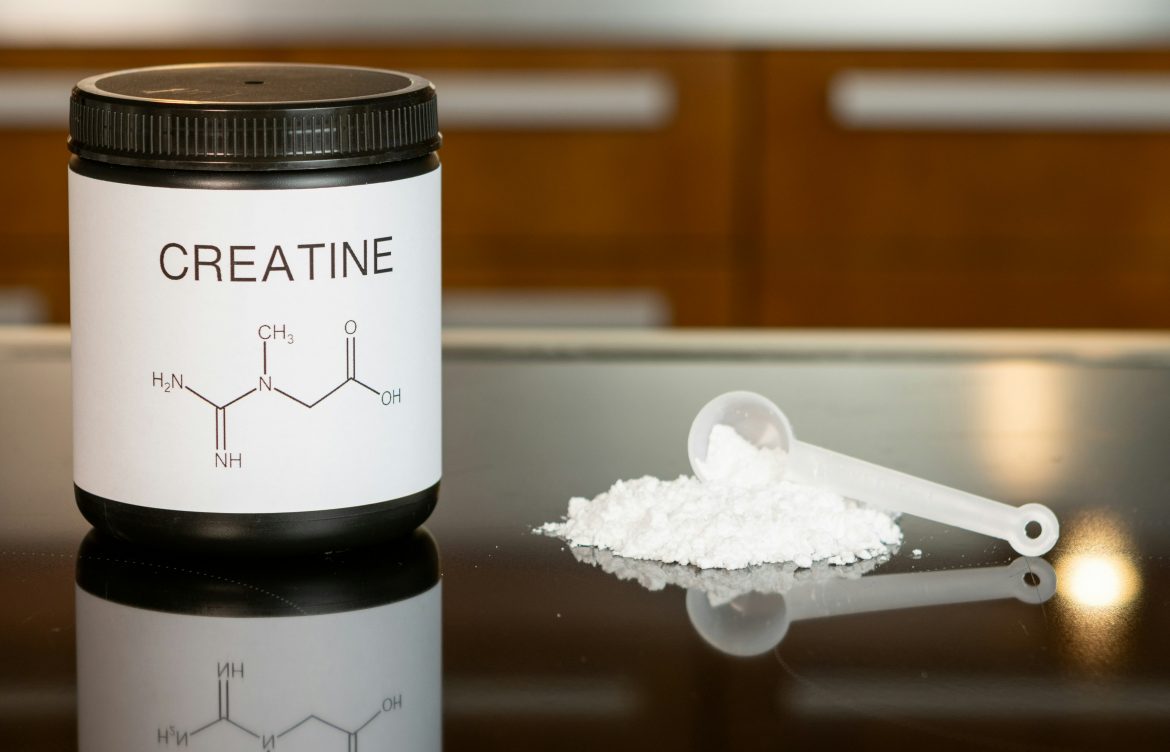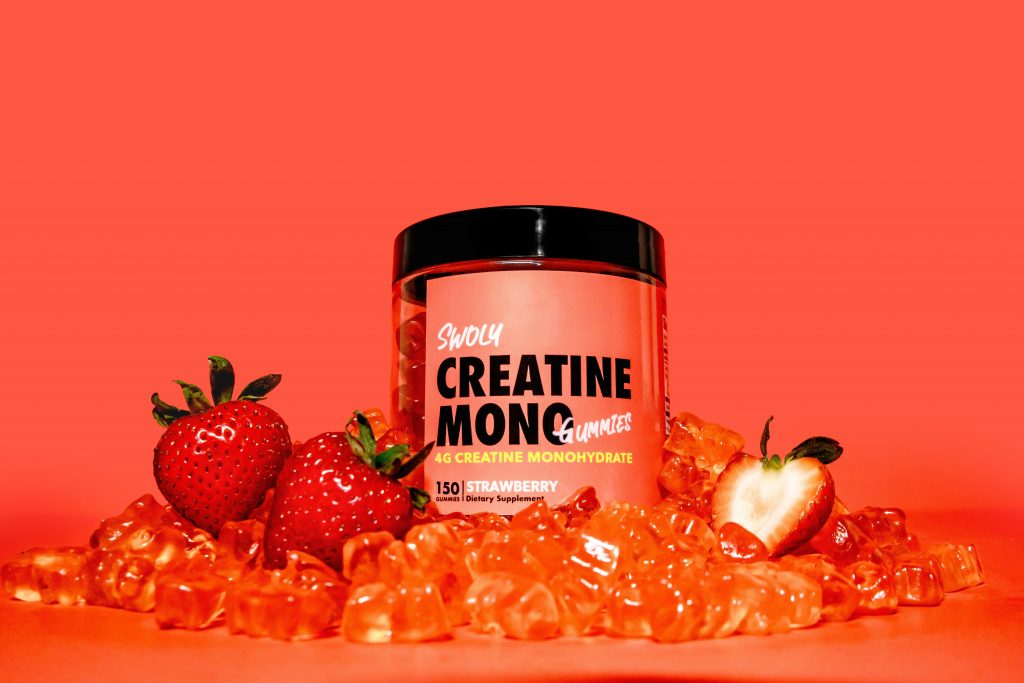
Creatine and Its Importance: Unlocking the Benefits for Fitness Enthusiasts
In the world of fitness and sports nutrition, few supplements are as well-researched and widely embraced as creatine. Whether you’re a seasoned athlete, a weekend warrior, or someone just starting their fitness journey, understanding the role and benefits of creatine can help you make informed decisions about your supplementation strategy.
This blog delves into what creatine is, its importance, and the myriad benefits it offers.

What is Creatine?
Creatine is a naturally occurring compound found in small amounts in certain foods like red meat and seafood. It’s also synthesized by the human body, primarily in the liver, kidneys, and pancreas, and stored in the muscles as phosphocreatine.
This stored form of creatine plays a crucial role in producing adenosine triphosphate (ATP), the primary energy carrier in cells, especially during high-intensity, short-duration exercises.
The Importance of Creatine
Energy Production
During intense physical activities, your muscles rapidly deplete their ATP stores. Creatine helps replenish ATP, enabling sustained performance during activities like weightlifting, sprinting, and high-intensity interval training (HIIT).
Muscle Growth
Creatine is known for its ability to enhance muscle mass. It increases the water content in muscle cells (cell volumization), which can trigger the synthesis of proteins involved in muscle repair and growth.
Recovery and Reduced Fatigue
Creatine supplementation has been shown to reduce muscle cell damage and inflammation following exhaustive exercise, thus speeding up recovery times and reducing overall fatigue.
Benefits of Creatine
Enhanced Strength and Power
One of the most well-documented benefits of creatine is its ability to increase strength and power output. Numerous studies have demonstrated that creatine supplementation can lead to significant improvements in maximal strength and power, making it a staple in the regimen of many athletes.
Improved High-Intensity Performance
Creatine is particularly beneficial for high-intensity, short-duration activities such as sprinting, jumping, and resistance training. By replenishing ATP stores more rapidly, it allows athletes to maintain peak performance levels throughout their workouts.
Support for Lean Muscle Mass
By facilitating increased workload capacity, creatine enables more intense training sessions, which can contribute to greater muscle hypertrophy over time. Additionally, the water retention in muscle cells (not to be confused with subcutaneous water retention) can give muscles a fuller appearance.
Neuroprotective Properties
Emerging research suggests that creatine may have neuroprotective benefits, potentially aiding in the treatment of neurological diseases like Parkinson’s and Huntington’s. While these findings are still in the early stages, they open up exciting possibilities for creatine’s use beyond sports nutrition.
Cognitive Benefits
Some studies indicate that creatine supplementation might improve cognitive function, particularly in tasks that require short-term memory and quick thinking. This could be particularly beneficial in both academic and professional settings, where mental acuity is crucial.
How to Supplement with Creatine
To maximize the benefits of creatine, it’s important to understand how to properly incorporate it into your regimen:
Loading Phase: Often, users start with a loading phase, consuming around 20 grams of creatine per day (split into 4 doses) for 5-7 days. This saturates the muscles quickly.
Maintenance Phase: After the loading phase, a maintenance dose of 3-5 grams per day is sufficient to maintain elevated muscle creatine levels.
Timing: Creatine can be taken at any time of day, but taking it post-workout with a carbohydrate and protein-rich meal may enhance its uptake by muscles.
Hydration: Ensure adequate hydration while taking creatine, as it can increase water retention in muscle cells.
Final Thoughts…
Creatine stands out as a powerful, safe, and effective supplement for enhancing athletic performance, increasing muscle mass, and potentially offering cognitive and neuroprotective benefits. Its role in energy production and muscle function makes it an invaluable tool for anyone looking to optimize their fitness and overall health.
As always, it’s advisable to consult with a healthcare professional before starting any new supplementation regimen to ensure it aligns with your individual health needs and goals.